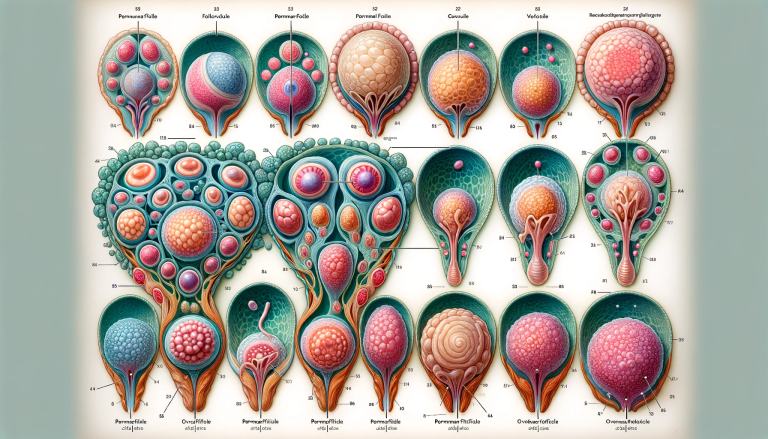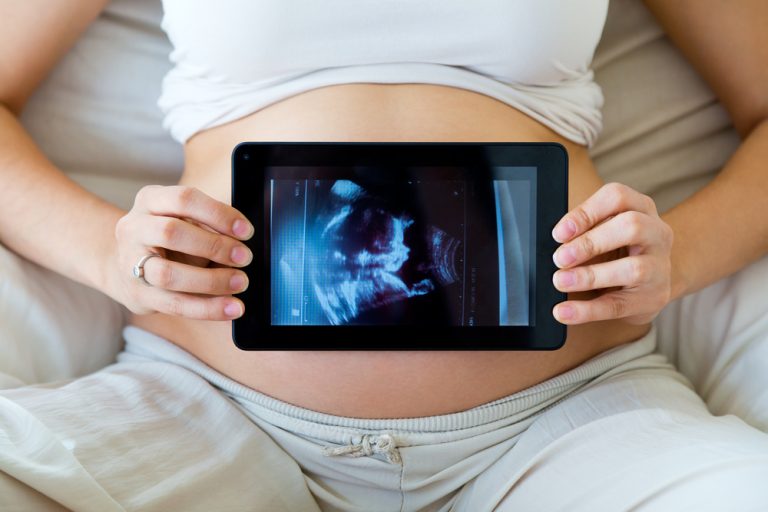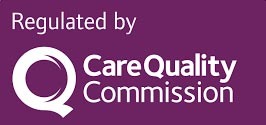What is a Tracking Cycle?
We use a ‘Tracking Cycle or Assessment cycle’ to check that the orderly process of egg maturation through follicles’ size development, hormonal changes, and endometrial (the lining of the uterus) thickness build-up is occurring.
This cycle is used to assess whether there is an ovulation cause for the couples infertility, assess the ovarian reserve and diagnose luteal phase insufficiency (low progesterone levels in the second half of the cycle).
https://www.iuslondon.co.uk/fertility-scans/follicular-tracking-ultrasound-scan-transvaginal-scan/The follicle tracking scan is the most accurate method to time ovulation and aid couple achieving pregnancy naturally.
Why tracking cycle?
Follicle-stimulating hormone (FSH) and luteinising hormone (LH) are released from the pituitary gland (found at the base of the brain) under control of higher brain centres and feedback from ovarian hormones.
These hormones stimulate the immature eggs in the ovary to undergo growth and maturation (follicles). This process releases estrogens and progesterone from the maturing follicles, which then stimulates the endometrium (lining of the uterus) so that it is ready to accept a fertilized egg (embryo), to undergo implantation, and hence achieve a pregnancy.
As the egg matures a cyst called a follicle develops on the ovary, which produces estrogens. This follicle, which can be seen and measured on an ultrasound picture of the ovaries, may grow to about 2cm in diameter just before ovulation. The estrogens’ effects on the body are usually obvious, particularly by the amount and consistency of mucus discharged from the vagina.
Ovulation is triggered by a surge of Luteinising Hormone (LH) from the pituitary gland. LH also stimulates the ovary to begin producing the hormone progesterone. Progesterone causes a slight increase in body temperature and prepares the endometrium for implantation of the fertilized egg.
What is involved in the tracking cycle?
- Tracking cycle is a combination of ultrasounds scans and blood tests carried out at certain days of the menstrual cycle.
- Day 2 blood tests for FSH, LH, Prolactin, Oestradiol and progesterone
- Day 5 Ultrasounds scan to assess the ovarian reserve according to the Antral Follicular Count (AFC)
- Ultrasounds scan and blood test every 2-3 days from day 9 till ovulation.
- Blood tests to measure progesterone 7 days after ovulation (day 21) with or without ultrasounds scan to check the corpus luteum.
Author– Yianni Kiromitis PgC Medical Ultrasound, BSc(Hons) – Medical Ultrasound Practitioner
Specialities: Abdomen, Small Parts, Gynaecology/Obstetrics and Vascular…
Yianni Kiromitis is a London based NHS and Private Medical Sonographer, with more than 20 years’ experience in Healthcare.
Reviewed: 07/04/2020 by Yianni Kiromitis PgC Medical Ultrasound, BSc(Hons) and Tareq Ismail Pg (Dip) Medical Ultrasound, BSc(Hons)









